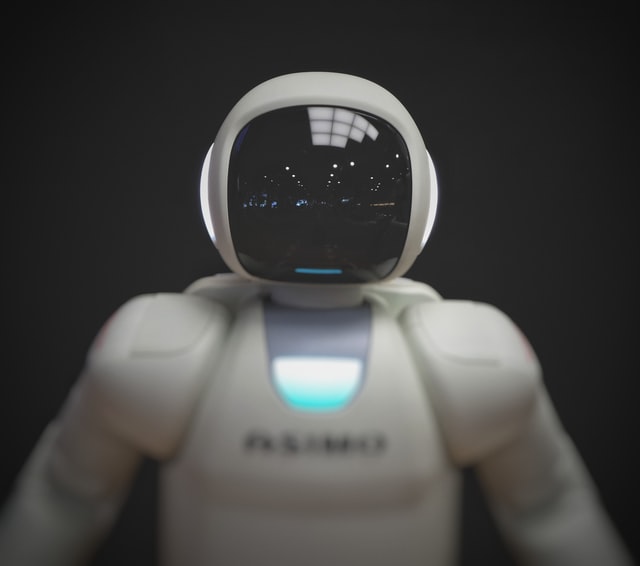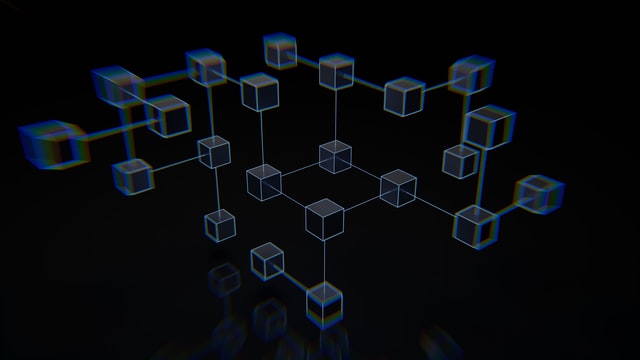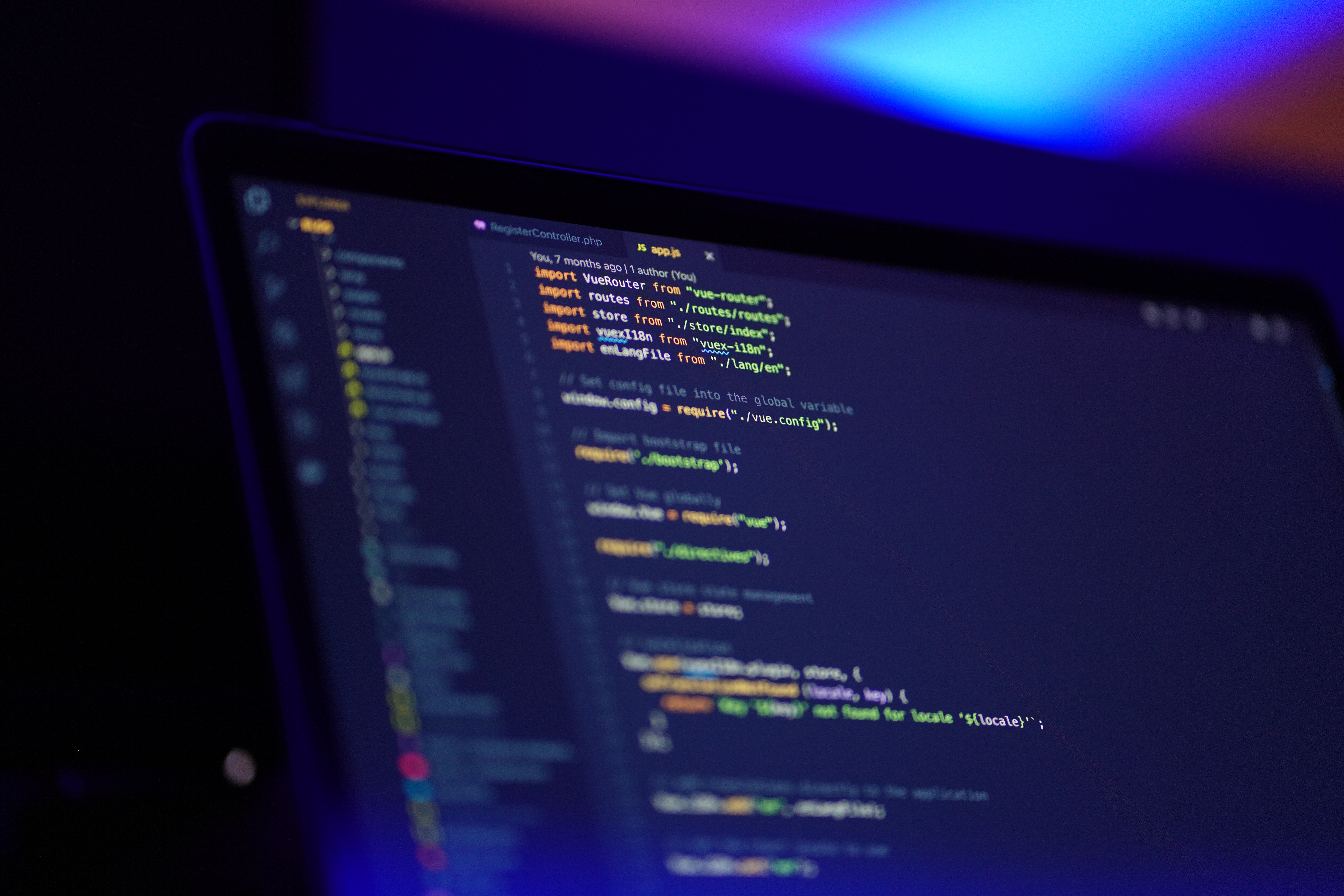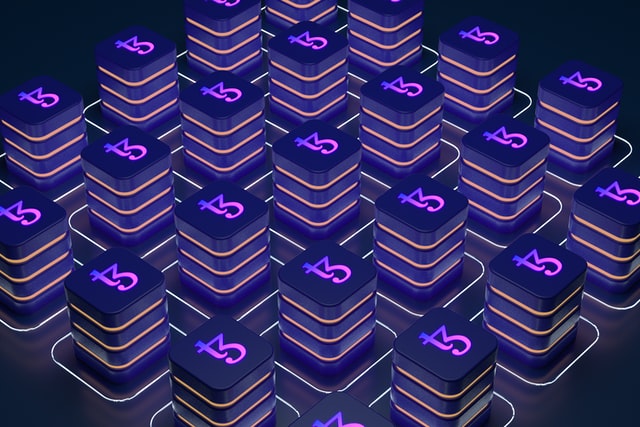Artificial intelligence, AI, is defined by engineering or programming computers to reciprocate human characteristics and intelligence. Ultimately, it is the ability of computers to become capable of making the best decision or problem solving given different situations. Artificial intelligence is developed with the intention to provide reasons and assist in making the best decision for their human counterparts. For this reason, artificial intelligence can only be functional with the instructions given by humans.
History of artificial intelligence
The first idea behind artificial intelligence was sparked by a paper, “Computing Machinery and Intelligence”, by Alan Turing in 1950 questioning whether it would be possible for machines to adopt human intelligence. Alan Turing’s study focused on differentiating between computer and human responses. However, at the time, there is no true definition of artificial intelligence until1956 when John McCarthy presented the term at Dartmouth College. The current definition of artificial intelligence, assigned by Stuart Russell and Peter Norvig states that computers with the intention of a human approach that focuses on thinking and acting like humans or an ideal approach to program machines to rationalize and make the best decision.
As the idea of AI begins to solidify, the first artificial intelligence software program was constructed by Allen Newell, J.C. Shaw and Herbert Simon called the Logic Theorist. Herbert Simon was inspired by a printing machine printing out a series of letters, digits, and symbols to create a machine that would be capable of automated thinking. With the help of Allen Newell and J.C. Shaw wrote a program that would allow the computer to make decisions similar to mathematicians. The Logic Theorist was able to write up proof that was considered better than mathematicians assigned to the job. However, it wasn’t until 1967 that Frank Rosenblatt built the first computer that is capable of learning and improving itself through repetition of trial and error.
In the past, when technology was not as advanced, it was difficult to code and program robots to reciprocate complicated human behavior with precision. However, with the great amount of progress put into our technology in the present, it becomes easier to complete the task. Today, machines are capable of using machine learning to gather and analyze data from experience and improve it to make better decisions or predictions for what is to come. The advancement in artificial intelligence means amending what is perceived as artificial intelligence. Devices such as calculators and other technologies with basic functions would be out shadowed and no longer considered an aspect of artificial intelligence.
Qualities of Artificial Intelligence
Differentiating between weak AI and strong AI
There are two general types of artificial intelligence: weak AI and strong AI. Weak AI (Narrow AI, ANI, or Artificial Narrow Intelligence) is machines that are taught to complete a specific task that is assigned. Weak AIs are solely responsible for completing a single purpose or a program. On the contrary, strong AI is comprised of intelligence of a human mindset (Artificial General Intelligence) and the ability to surpass human intelligence (Artificial Super Intelligence). The strong AI is fully capable of learning and adapting from experience while being able to comprehend and make all potential predictions to make the best choice.
Learning capabilities of machines
The reason artificial intelligence is able to perform these actions is that it is programmed for both machine learning and deep learning. Machine learning is the computer’s ability to learn and adapt to data it is given without the need for human interference. At the same time, deep learning comes into play by allowing the computer to absorb large amounts of unstructured data continuously. The computer would be able to easily comprehend and analyze data at a faster pace.
Types of artificial intelligence
Four types of AI exist for different functions and purposes: Reactive AI, Limited memory AI, Theory-of-mind AI, and Self-aware AI.
Reactive AI uses algorithms to process what is given and make the best prediction from what is given. This form of AI is able to process information but is not able to learn from mistakes and adapt to the situation. These machines are not able to retain memory and there is a limit to the inputs accepted. This form of AI is typically used to compete in strategically challenging games that requires processing the best scenario.
Limited memory AI adapt based on previous experience and learns from their mistakes from the data they collect. However, its memory is limited and unable to collect much data over a long period of time. Most AIs fall in this category which would allow them to retain volumes of data and apply what it has learned when necessary. This AI is used to recognize objects while increasing its accuracy and efficiency.
Theory-of-mind AI is capable of learning and comprehending past experiences. These AI are capable of interacting with human beings and acting like human beings. The only drawback of this particular AI is that it lacks the ability to be self-aware of its actions like humans do. However, the last type of AI, self-aware AI is the opposite of the theory-of-mind AI. It is aware of its existence and capable of feeling emotions. This form of AI is designed to most closely replicate human behavior. Thus, requires interactions, emotional needs, beliefs, etc. An example of this would be Sophia, the world’s first robot citizen, that is capable of having her own mindset and completing tasks that any human would be able to do. She has also become the first robot “innovative ambassador for the United Nations Development Programme”.
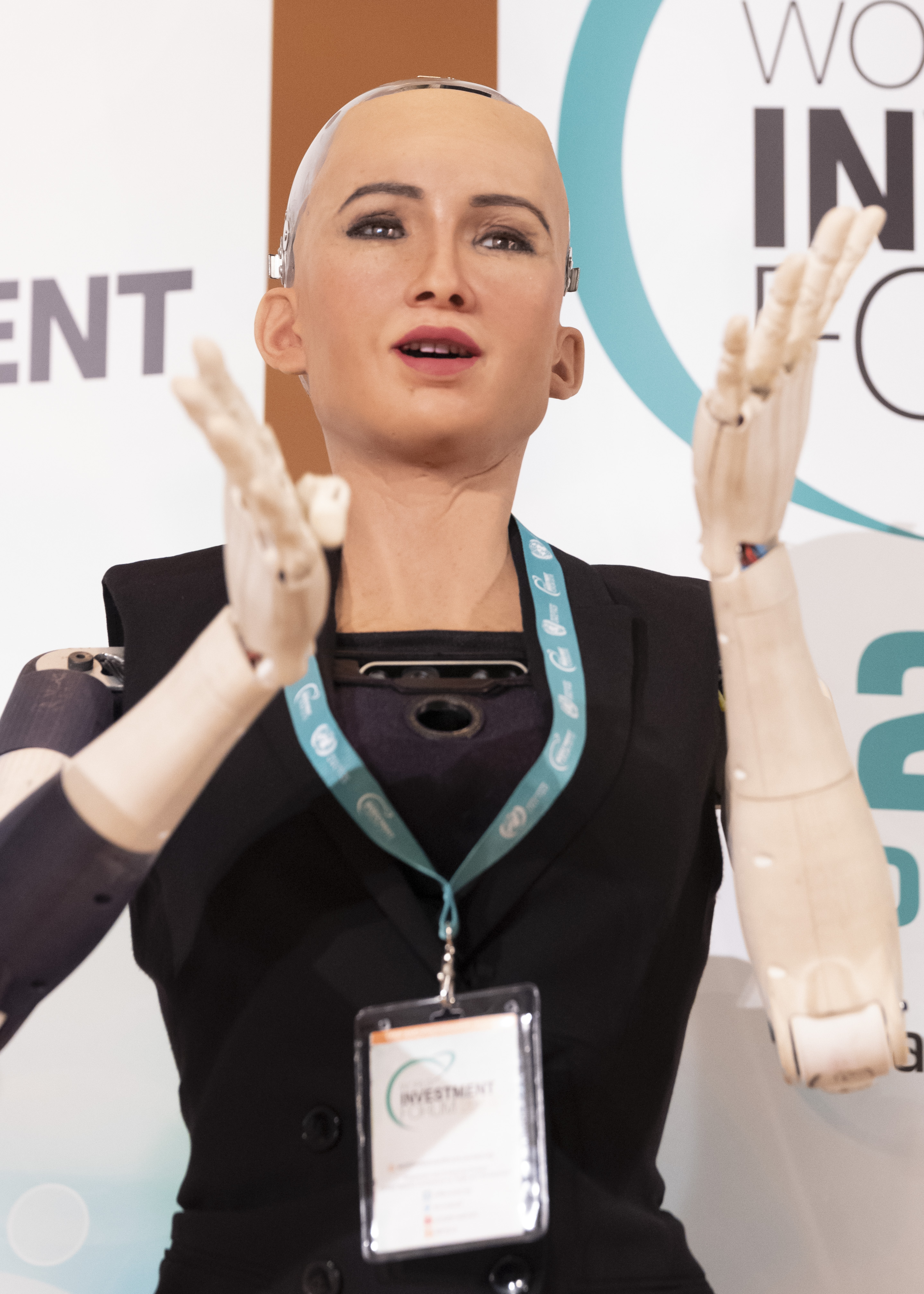
Sophia, the first humanoid, capable of making her own decisions as a theory-of-mind and self-aware AI.
The Potential of AI in the Future: From My Perspective
Present Concerns
As the difference between technology and humans continue to minimize, there is debate over whether artificial intelligence should be part of society as much as it already has. There is fear over humans being unable to keep up with the mindset of AI, privacy concerns, ethics of treating intellectual systems, and employment. To avoid such fear becoming reality, I believe that it is important to place limitations on AI's potential. AI technology is created solely to help humans. If they are doing more harm than good, it would contradict the intended purpose of AI.
As much as humans rely on AI, AI relies on humans just the same to develop and improve their functions. For this reason, I believe that the creation of AI would also better the human species and increase the bar of expectations placed on humans as well. The relationship between humans and AI works similarly to friendly competition between peers in a learning environment where there are always ways to improve one another simultaneously. When it comes to ethics and treating intellectual systems, I believe that humans should treasure this technology and respect it just as much.
While there is still a long way to go before there is a robot apocalypse where AI rebel against humans like every other science fiction film, these technologies should be treasured just like anyone would treat their phones on a daily basis. Customer service allows digital machines to replace human workers to converse and assist customers or guide them to the correct support service. Or, recommendation engines to analyze certain data and behavior for trends and patterns to provide the most accurate predictions to assist us. AI holds responsibilities to guarantee protection never seen before in the present, such as self-driving cars which can potentially save lives by making the least harmful actions possible or video surveillance to ensure one’s safety. In other cases, AI is capable of fraud detection to identify suspicious applications that may be harmful to the device and reporting them back to the user.
AI technology needs to be managed by humans to make sure that the machines are running efficiently and as intended. Therefore, I do not think that there would be a large problem with employment. Even if technology develops, there will always be other tasks that are developed to complete assignments that require the human mindset to suggest whether the act is proper or ethical. Machines may try to think like humans but they will not be able to develop the same emotions and thought processes as them.
On this note, it is important to discuss the issue of privacy concerns. This problem is highly debated even in society today because while having video surveillance ensures an alibi and protection, it also takes away a person’s ability to feel free. It is understandable considering that anyone with access to the surveillance footage may easily identify patterns of the individual’s schedules and track them. I would personally fear for my life if I was being watched without knowing the intentions of who has access to my location at all times. This is why I believe it is important to have strict restrictions on what should and shouldn’t be allowed.
Some countries are debating whether there should be laws to restrict and manage AI while other countries have already done so. For instance, European countries and China have led the path to managing and regulate AI. In China, policies have been developed to enforce companies to inform their users when their private information is to be recorded in their database and provide them with a choice to avoid having their information collected. European countries, on the other hand, have decided to regulate their devices by judging them through risk factor categories of minimal, limited, high, or unacceptable to determine whether the device can be accepted. There may be problems with both these methods, but it is important that all countries begin to consider setting a limit to technology before its development could go too far and become more of a risk.
It is important to weigh the benefits and drawbacks that each AI brings to the community. In the condition that there are more drawbacks and problems in the long wrong, it would be a better choice to reconsider whether developing the technology is a good fit for society. If the problem of ethics is a concern, citizens should have the right to decide whether or not they are willing to have their rights stripped from them.
Continual Reliance on AI
Technology will play a really huge role in our lives in the coming future, whether we may come to accept it or not. Even now, we rely too much on the internet and our devices by our side. Without them, there would be no means to complete tasks such as efficiently finding information or purchasing much-needed necessities on the spot. It would not be a surprise if we begin to see more tasks being run through AI from mail or package delivery through automated trucks that would be able to identify corresponding packages without much error to assist children by entertaining or assisting them with their studies. I would like to highlight, however, that humans must create a line between what is expected of AI and what to expect of themselves, to not become too dependent, and to allow both species to co-exist in an orderly fashion.
Sources
https://www.ibm.com/cloud/learn/what-is-artificial-intelligence
https://www.investopedia.com/terms/a/artificial-intelligence-ai.asp
https://history-computer.com/logic-theorist/
https://www.sas.com/en_us/insights/analytics/what-is-artificial-intelligence.html
https://www.cnbc.com/2022/05/26/china-and-europe-are-leading-the-push-to-regulate-ai.html
https://www.hansonrobotics.com/sophia/

